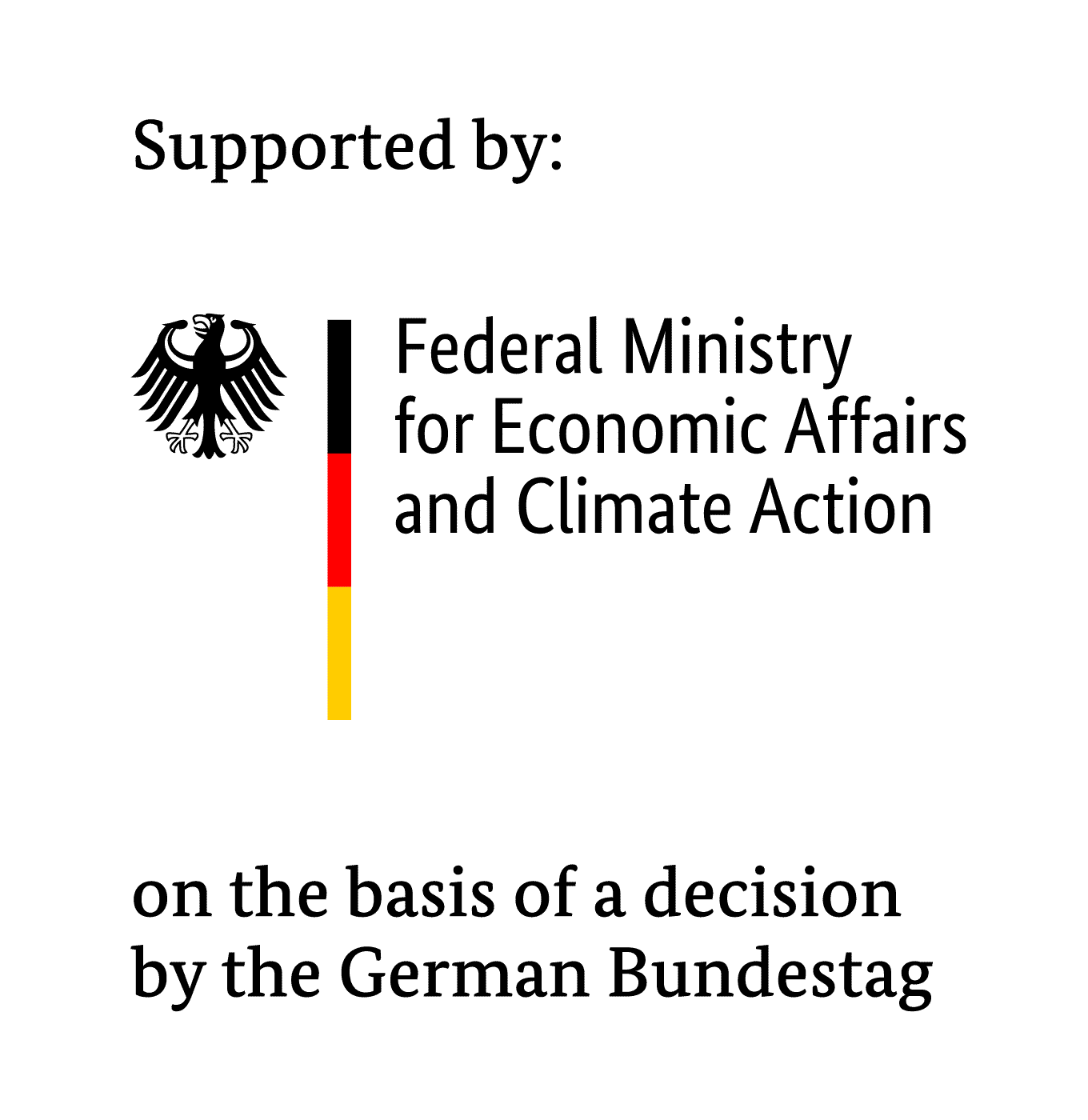Projectname:
The effect of multiple recycling on the properties of polyolefin films
Workgroup: Packaging materials
Research Partner and Scientific Guidance:
IGF: 01IF00383E
Financing: BMWK
Duration: 2024 – 2026
The demand for plastics as packaging material is constantly increasing. With the new packaging law, which came into force in Germany in 2019, the requirement arose to increase the recycling rate from currently 38.6% (2018) to 63% in 2022 (§16), which are complemented by the PPWR currently discussing a minimum recycled content for non-contact sensitive applications of up to 35 % in 2030. Moreover, the collecting schemes are required to establish incentives (§21) to promote the use of recyclable material for packaging and packaging systems. Therefore, the fast and sustainable development and implementation of circular packaging solutions, ideally with the re-incorporation of recyclates, is required.
Within this suggested collaborative Cornet project, the re-processability of recycled mono-material packaging films shall be further investigated. The main interest will be the impact of multiple mechanical recycling steps on the properties of the polyolefin, whereas we will be looking specifically at the film extrusion process (cast and blown film), the sealability of the recyclates (heat contact and ultra-sonic sealing) and their machinability (e.g., friction behavior).
Along with a shift to more mono-material comes the target of incorporating recyclates into new packaging. To understand the effects of mechanical recycling on the material properties of polyolefins, especially LDPE, an initial IVLV project was performed. A sealant film of low-density polyethylene (LDPE) was produced and recycled multiple times. To perform sealability tests, the recyclates was partly coextruded with polypropylene as outer layer for more heat resistance. It could be shown that three recycling cycles only have a minor effect on the sealability of the LDPE recyclates films or its tensile behavior, both for ultra-sonic and heat contact sealing.
80% of all flexible packaging are currently being sealed by heat contact sealing where heat is transferred from the outside through all layers to melt the sealing layer on the inside of the packaging film. When using mono-material systems, similar polymers are used in all layers, which leads to a narrowing of the sealing window due to similar melting points. Another sealing technology is ultra-sonic sealing, where the melt energy is produced on the inside of the packaging film in the sealing layer. Despite a higher process complexity, short cycle times can be reached, heat-sensitive products can be sealed, and the technology could be used for the sealing of mono-materials.
Systematic trials will be done to investigate:

The IGF project presented here by the Research Association of the Industrial Association for Food Technology and Packaging (IVLV e.V.) is funded by the Federal Ministry for Economic Affairs and Climate Action as part of the program for the promotion of industrial community research (IGF) based on a decision of the German Bundestag.